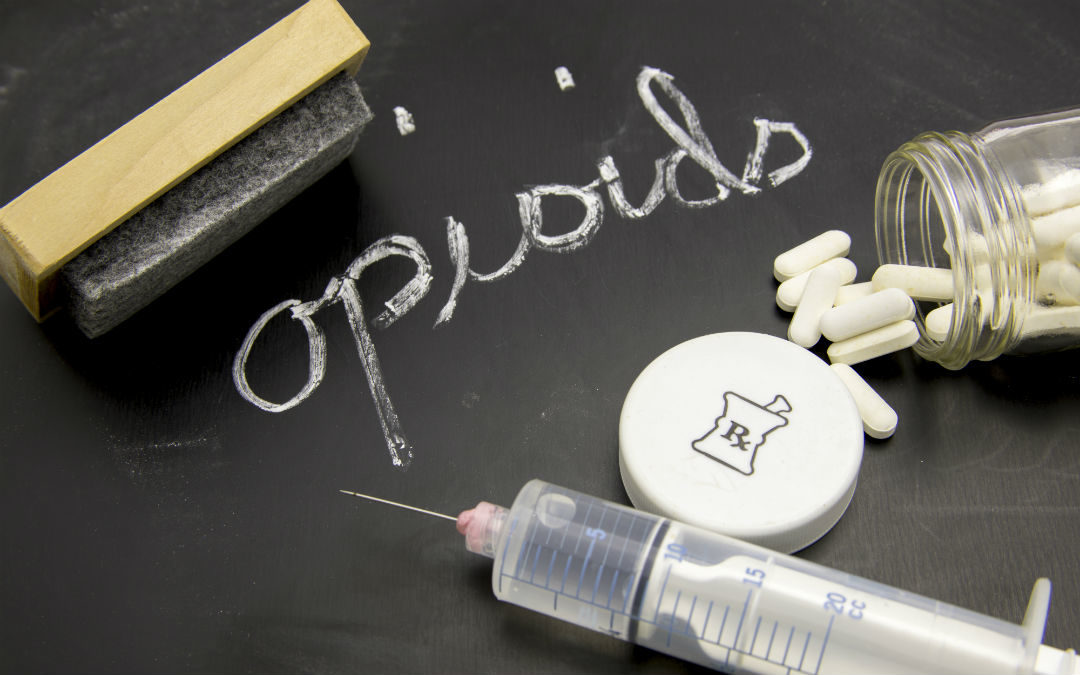A face on the issue
What the….? Half of the pain pills for Kathy’s broken ankle are missing, along with $60 dollars from her purse. Her only visitor today was Robin, who “just wanted to check in and see how you are doing.” And what an odd visit it was—Robin seemed kind of nervous and avoided eye-contact, and frankly was due for a shower. Kathy suddenly realizes that she is feeling anger, concern, and uncertainty all at once….
The current opioid crisis in the U.S. and our community
The Centers for Disease Control and Prevention (the “CDC”) says that Opioid Abuse is a public health epidemic. In the last two decades the amount of prescription opioids sold in the U.S. has quadrupled, deaths from opioid overdose have doubled, and criminal groups are importing and distributing inexpensive and extremely powerful synthetic opioids such as illicitly manufactured fentanyl which has recently surpassed heroin as the leading cause of overdose deaths. Fort Walton Beach and the rest of Northwest Florida has not escaped the epidemic.
Individual behavior and what is going on physiologically
Typically, opioid addiction eventually signals itself through both behavioral and physical changes. Early on the signs can be subtle and difficult to spot but they often become more pronounced in short order. Addiction behaviors may include mood swings, irritability, euphoria, or seemingly sudden hostility, loss of interest in hobbies and established friendships, even lying and stealing from family members. Meanwhile, the opioid consumer may slur words or seem dazed or nod-off. Memory problems may lead to missed classes or appointments. Personal hygiene may suffer, or the individual may frequently have constricted pupils, recurrent constipation, and may lose interest in sex. If the addict is injecting opioids there may be needle marks on various parts of the body, often covered by seasonally unusual choices of clothing such as long sleeves and trousers during hot weather.
The influence of an addict on family dynamics / behavior
Apart from the individual’s personal signs and symptoms of opioid abuse, the most dramatic effect is often manifested in relationships with family, friends, teachers or employers. Cravings for opioids and perhaps the need to steal money or drugs to satisfy the craving can lead directly to attempts to lie, manipulate, or otherwise deceive the people who interact with the opioid addict. Other strategies such as prostitution or personal drug dealing may also appear as ways to gain access to opioids or the money to purchase or barter for them. Family members may bring a range of behaviors to their interactions with the opioid user, from denial of the issue through codependent enablement to confrontation and intervention. The one constant is that while in the grip of addiction the opioid user perceives an overwhelming NEED for the drug, which colors all relations with others. More often than not, it isn’t sufficient for the addict or the family to want to “just stop” the drug use. Even with professional assistance rehabilitation is challenging and relapses are common.
Treatment and how we can help
A common treatment approach to opioid addiction begins with detoxification (“detox”), usually in an inpatient setting such as a hospital or rehabilitation center where staff can provide medical support and supervision during withdrawal. Once the individual is medically stabilized and the opioids are out of the system, the next phase of treatment will probably involve behavioral therapy supported by the use of medications that help turn-down the cravings for more opioids.
Ideally the behavioral counseling component of treatment will involve family members too. A family is a complex system and issues such as opioid addiction affect all the relationships. Anger, sadness, and mistrust are not uncommon effects, and families often have to redefine or reestablish personal boundaries and responsibilities. A family therapist can help family members re-learn to communicate and to adopt strategies that support the addict in sobriety and protect the well-being of everyone else.
Family and Child Development has Licensed Marriage and Family Therapists (LMFT) as well as Master Certified Addiction Professionals (MCAP) with experience helping families who are dealing with all aspects of addiction behavior, and who work with physicians and rehabilitation organizations to coordinate behavioral therapy with the use of supportive medications. Feel free to call us to learn how we can help you.

